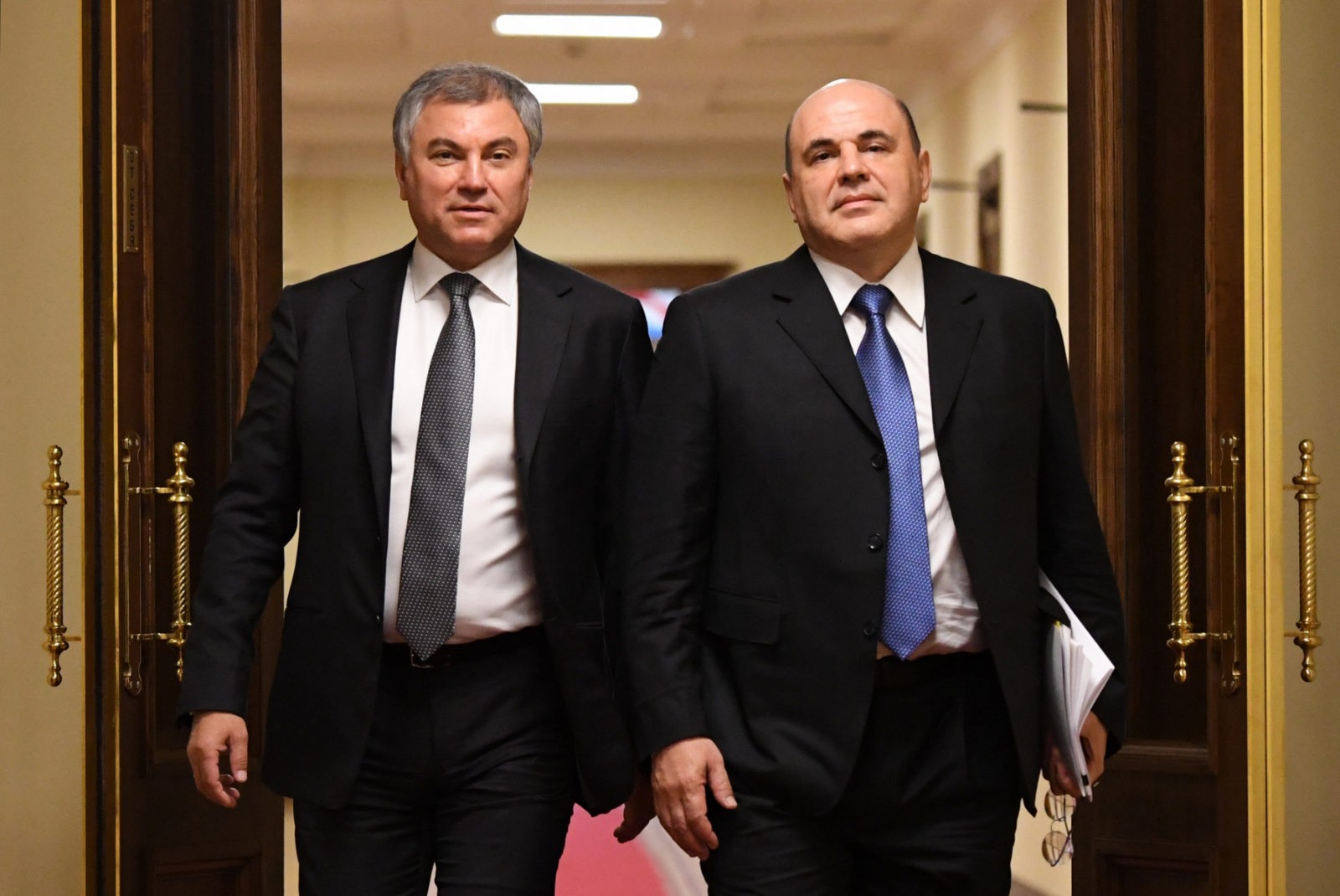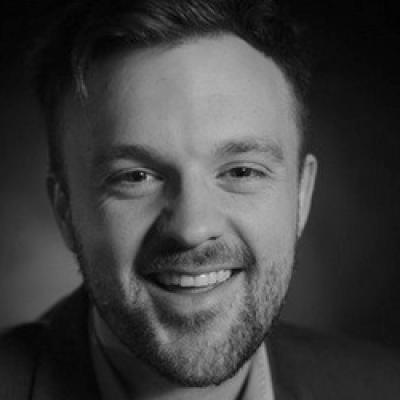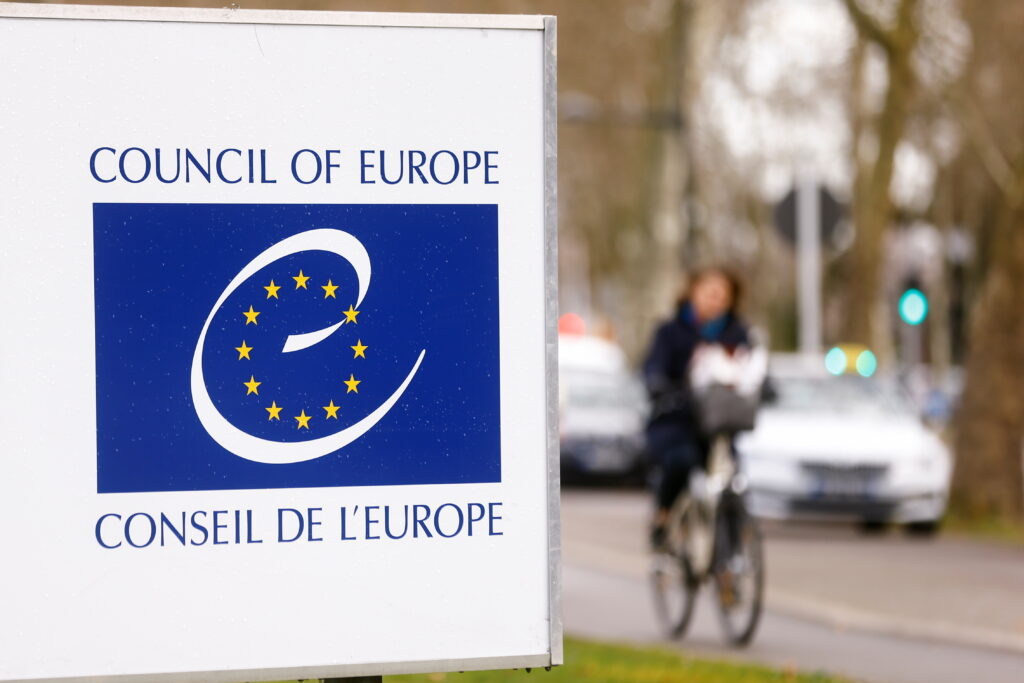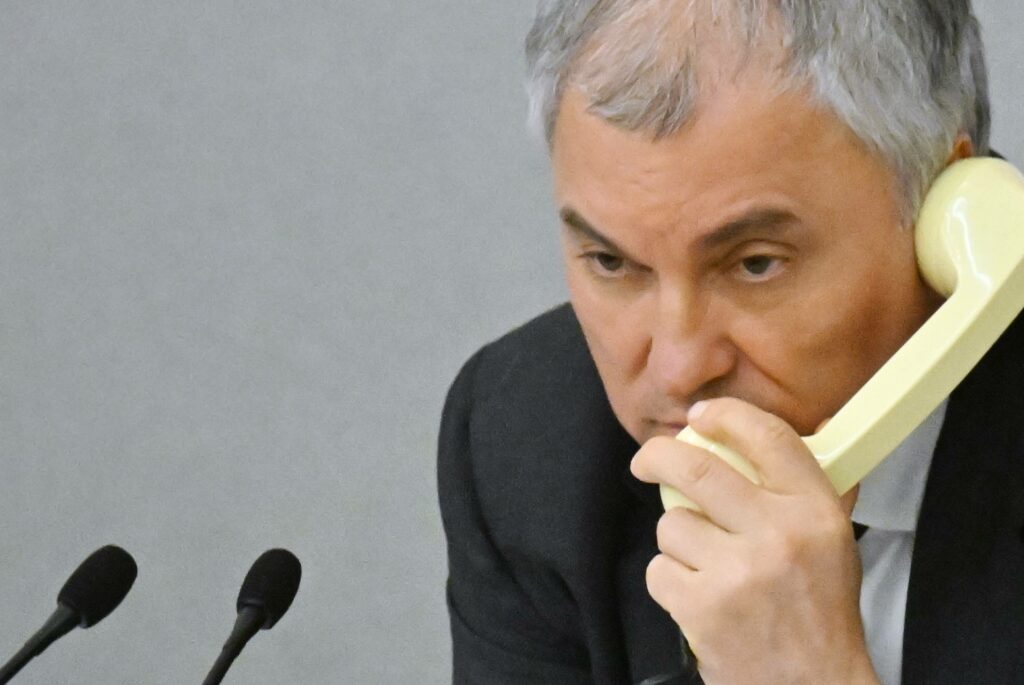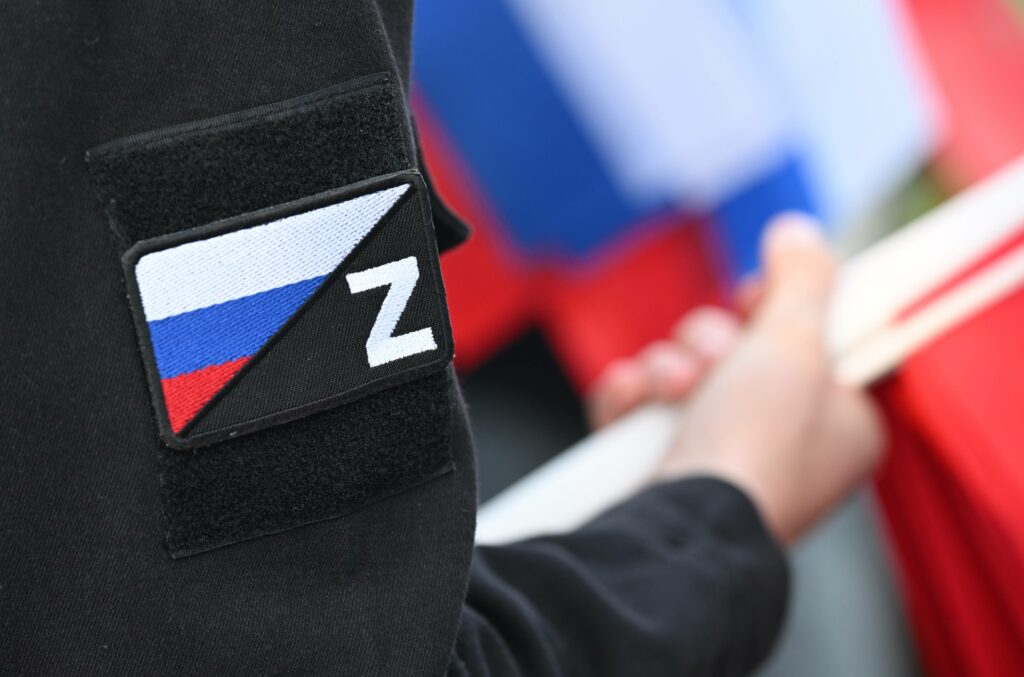It’s the start of 2020. But the last portion of Putin’s Address to the Federal Assembly in Moscow on 15 January was all about 2024 – even though the Russian president didn’t say so explicitly. 2024, of course, is the year Vladimir Putin’s fourth presidential term is scheduled to come to an end – and he’s barred by the current Russian Constitution from running immediately for another term as head of state. What, then, will happen that year?
Much has been written about Putin’s “2024 question”. Will he stay or will he go? If he stays, then in what capacity? Various scenarios have been discussed. They range from amending the constitution to allow Putin to stay in the presidency beyond 2024, to making him the head of a truly merged state between Russia and Belarus, to making another official position the real seat of power in Russia and giving himself a promotion.
If Putin steps away from the presidency, who will replace him? How can Putin ensure the new president will look after him in his post-presidential life? For Putin, the “2024 question” isn’t simply a dry constitutional point – his life, limb, and wealth are all at stake.
In his Address to the Federal Assembly, Putin didn’t give an answer to the question. But by proposing certain constitutional changes, he did obliquely suggest possible scenarios. By calling for a more prominent place for the State Duma in Russian high politics and more responsibility for the prime minister, one scenario is that Putin takes the prime ministerial position for the third time – a post he first occupied in 1999 (until becoming acting president), before becoming prime minister again from 2008 to 2012. Yet we know he is not that keen on keeping up with the day-to-day of social and economic policymaking, which is the bread and butter of the position. His suggestion to raise the status of the State Council hints at another scenario, where Putin becomes the head of this revamped body, thereby shifting the locus of power away from the presidency.
These proposals create options; Putin hasn’t yet nailed down precisely what will happen in 2024. And for good reason. He wants to delay until the last possible moment making clear his plan for 2024. By keeping the elite in a state of uncertainty, Putin prevents turning into a lame duck – and controlling uncertainty is a potent elite-management technique.
But we can be certain of one thing: the end of Dmitry Medvedev’s premiership.
The demise of Dima
The resignation of Prime Minister Medvedev, along with his cabinet of ministers, was a shock – even though people have been predicting his imminent resignation pretty much since the start of his tenure in 2012.
During his Address to the Federal Assembly, Putin said that the “drastic changes” would “increase the role and importance of the State Duma and parliamentary parties as well as the independence and responsibility of the Prime Minister and other Cabinet members”. In light of this, Medvedev’s (un)popularity becomes important. Although his approval rating – as captured by Levada Centre polling – has been improving somewhere since mid-2018, its current level – around 38% – is significantly lower than Putin’s 68%. The idea of Medvedev being the beneficiary of an empowered prime ministership simply wouldn’t go down well with many Russians. That’s one clear reason why constitutional reform proposals and Medvedev’s resignation were announced on the same day.
The rise of Misha
Medvedev’s replacement as prime minister – Mikhail Mishustin, the technocrat head of the Russian Federal Tax Service – is largely unknown to the public. His lack of a public profile is probably one reason for his selection: he can be counted on to be a loyal servant of Putin.
Another reason for his selection might be gleaned from some of my own research on a policy episode in 2013-2014 (which I discuss in a recent paper). To cut a long story short, Alexander Bastrykin – head of the Investigative Committee – wanted to roll back a legal liberalisation made during Medvedev’s presidency. Specifically, this legal change removed the right of investigators to begin criminal proceedings in tax cases on their own. Instead, investigators would now have to secure a report from the Federal Tax Service. Business welcomed this additional requirement, reducing what they saw to be the risk of law enforcement personnel initiating bogus cases to pressure business people and extract resources. The business community also welcomed Mishustin’s role in resisting Bastrykin’s proposed de-liberalisation. It may be, therefore, that Putin has appointed Mishustin partly on his business-friendly credentials – a reputation built, furthermore, on his embrace of modern technology.
What about Volodin?
How will Vyacheslav Volodin – the current speaker of the State Duma (the lower chamber of the federal-level parliament, the Federal Assembly) – fare in all of this? What will his role be (if any) in a Duma with more powers?
Since becoming speaker in October 2016, Volodin has been trying to strengthen the Duma. The rhetoric has been about turning Russian parliamentarism from fiction to fact, making legislators real political actors, who represent their electoral constituents’ concerns. The reality has been a reform agenda allowing Volodin to turn the Duma into his own power base. This type of political capital is important precisely because of the uncertainties generated by the “2024 question”.
Volodin has also been a vocal supporter of constitutional changes. In a 17 July 2019 article for Parlamentskaya Gazeta, Volodin called for a rebalancing of powers between the executive and legislative branches, including by giving the Duma more powers in appointing the government. One signal suggesting that an announcement about constitutional changes might have been coming came on 24 December 2019, when Putin publicly supported Volodin’s calls to develop ideas for changes to the 1993 Constitution.
But, if the State Duma is, in fact, given a more prominent place in Russian politics, it’s not certain that Volodin will keep his place as speaker. It’s not clear how compatible Volodin’s muscular, dominating speakership will be with a prime minister, whose power will be based more clearly on their relationship with the lower chamber. Putin doesn’t like public spats between senior officials, which will likely inform the personnel choices made when constitutional changes are made.
Personalism and pluralism
Beyond Medvedev’s resignation, there were other swift developments. The head of the Central Electoral Commission, Ella Pamfilova, stated soon after the end of the president’s Address that her Commission was ready to organise a nationwide vote on Putin’s reform proposals. In addition, members of a working group tasked with developing constitutional reform proposals were named on the same day. Both the working group and the national vote have a clear purpose: to mask the real nature of these changes; that is, to create possible pathways for Putin to remain in power.
Although Putin’s constitutional reform proposals might be motivated by his own future plans, spreading power more equally across top-level actors and institutions could be a positive development more generally. The aim might be personalistic. But the broader, longer-term effects could give an opening for greater pluralism, perhaps offering hope to those striving for a more democratic post-Putin Russia.
